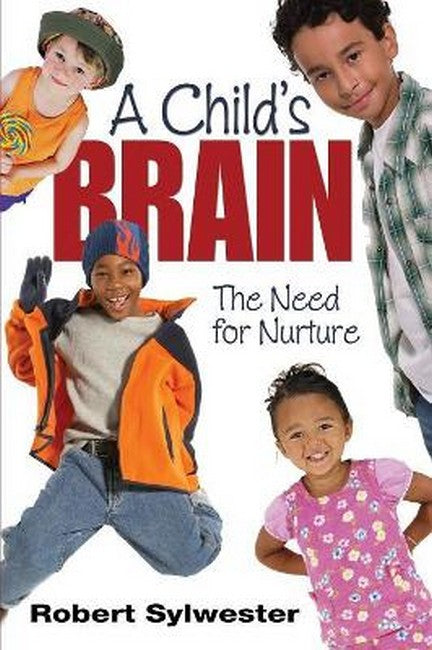Robert Sylwester is an Emeritus Professor of Education at the University of Oregon who focuses on the educational implications of new developments in science and technology. He has written 20 books and curricular programs and 200+ journal articles. His most recent books are The Adolescent Brain: Reaching for Autonomy (2007, Corwin Press) and How to Explain a Brain: An Educator's Handbook of Brain Terms and Cognitive Processes (2005, Corwin Press). He received two Distinguished Achievement Awards from The Education Press Association of America for his syntheses of cognitive science research, published in Educational Leadership. He has made 1600+ conference and staff development presentations on educationally significant developments in brain/stress theory and research. Sylwester wrote a monthly column for the Internet journal, Brain Connection, throughout its 2000-2009 existence, and is now a regular contributor to the Information Age Education Newsletter (http://i-a-e.org/).
Request Academic Copy
Please copy the ISBN for submitting review copy form
Description
Acknowledgments About the Author Introduction Part 1. Understanding Childhood 1. Nature and Nurture: From Past to Present 2. Mastering Movement: From Imitation to Exploration 3. Brain Organization: From Input to Output 4. Development and Growth: From Womb to World Part 2. Nurturing Childhood 5. Nurturing: From Unconditional Love to Behavioral Limits 6. Family and Friends: From Close to Loose Bonds 7. Nutrition: From Necessary to Nice 8. The Unexpected: From Joys and Toys to Fears and Tears 9. Childhood Illness: From Short to Long Term 10. Intelligence, Creativity, and the Arts: From What Is to What Could Be 11. Home and Beyond Home: From Biology to Technology 12: Preparing for Adolescence: From a Sheltered Childhood Toward an Autonomous Adulthood Glossary Appendix A: Neurons and Glial Cells Appendix B: Theories of Multiple Intelligences Print and Electronic References and Additional Resources Index
"Sylwester makes a strong case for how neuroscience has changed the knowledge base and offers ways the new knowledge could and should be incorporated into planning for a child's education. The author's subtle sense of humor communicates complex conclusions with great effectiveness." -- Barbara Clark, Professor Emeritus "This valuable, reader-friendly book helps parents, teachers, and others who work with young children understand the complex and amazing processes involved as the young brain grows and develops." -- David A. Sousa, Consultant in Educational Neuroscience "The book reminds us of the importance of nurturing children during a time when schools are facing the great stress of having students perform on standardized tests. We need to help children develop from their core through nurture, even if that development cannot be measured on a test." -- Sonia Trehan Kelly, Director

